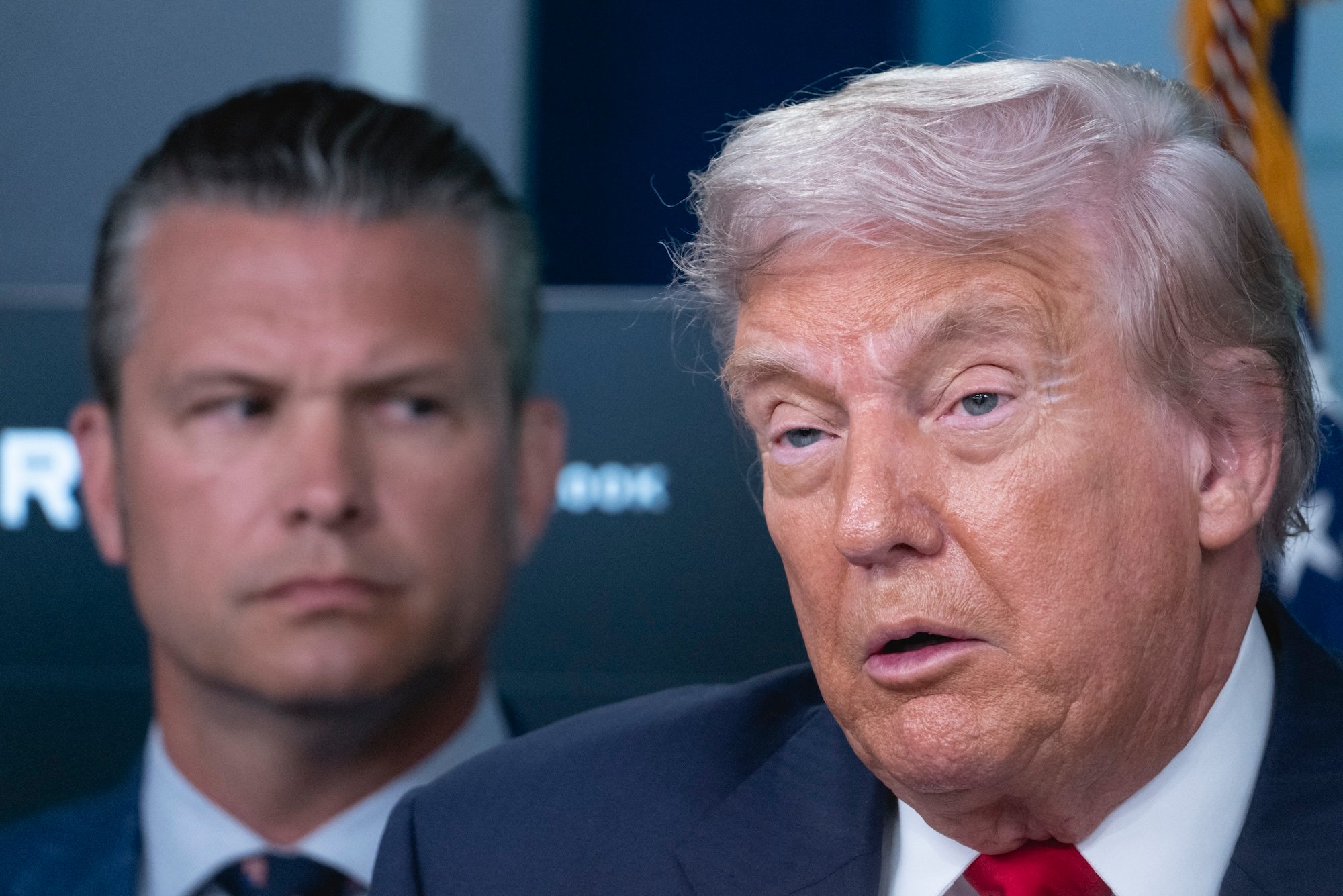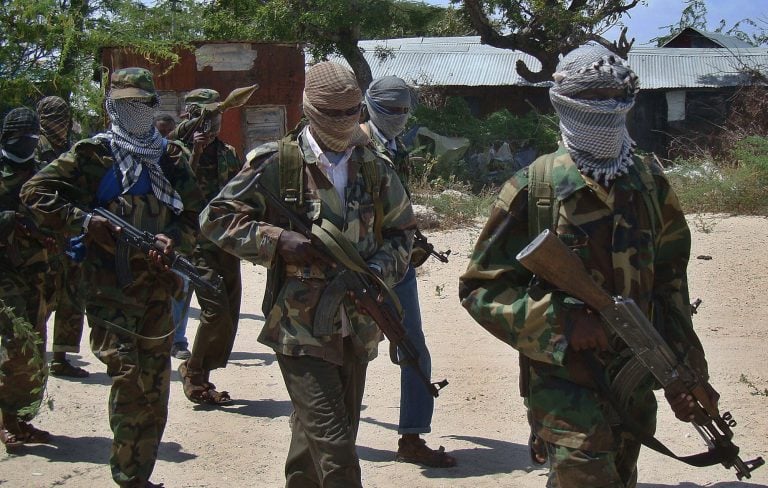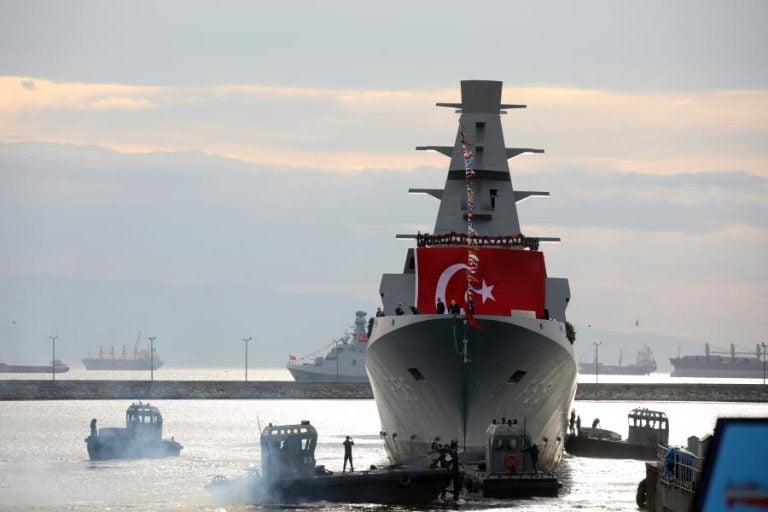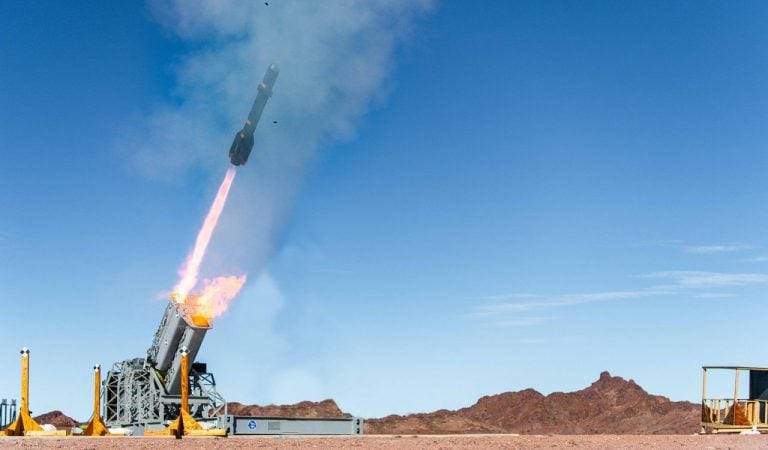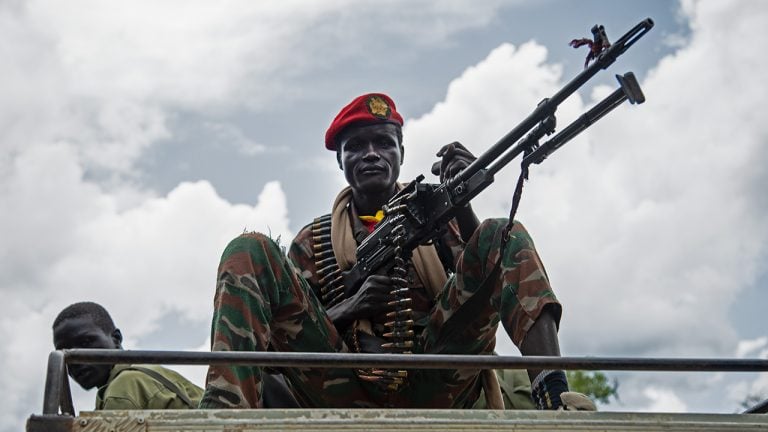President Donald Trump has escalated his rhetoric regarding the deployment of military forces to cities led by Democratic officials, threatening to invoke emergency powers in the face of ongoing legal challenges. This comes after a federal judge in Oregon temporarily halted the National Guard’s deployment to Portland, while a judge in Illinois allowed a similar deployment to continue for the time being in Chicago.
“We have an Insurrection Act for a reason. If I had to enact it, I would do that,” Trump stated during a press conference in the Oval Office. He added that if lives were at stake and judicial processes were obstructed by local governors or mayors, he would consider activating the law.
In Illinois, where officials have sought to block the National Guard’s deployment, Judge April Perry, who was appointed by former President Barack Obama, declined to issue an immediate restraining order. However, she scheduled a full hearing for later this week, requesting more information from the government regarding the situation.
Tensions have increased particularly around the deployment plans involving Texas, where Republican officials announced intentions to send 200 federalized National Guard troops to Illinois. This decision caused significant backlash from Democratic Governor JB Pritzker, who asserted, “They should stay the hell out of Illinois.” Pritzker further condemned the federal immigration agents conducting raids in Chicago, accusing them of using excessive force and engaging in “thuggery.”
In response to Trump’s assertions about the Insurrection Act, Pritzker accused the administration of deliberately escalating violence. “The Trump administration is following a playbook: cause chaos, create fear and confusion,” he claimed, suggesting that the government was attempting to stoke tensions among peaceful protesters as a means to justify military intervention.
Despite opposition from local leaders, Trump authorized the deployment of 700 National Guard members to Chicago over the weekend. The state Attorney General, Kwame Raoul, and legal representatives from the city characterized this action as punitive against political adversaries. “The American people should not live under the threat of occupation by the United States military,” they argued in their lawsuit against the federal deployment.
Raoul described the proposed mobilization as “unlawful and unconstitutional,” emphasizing that issues of military presence should not be dictated by the president’s grudges against local leaders.
Defending the troop deployment, Homeland Security Secretary Kristi Noem described Chicago as “a war zone,” while Trump referred to Portland as “war-ravaged.” However, District Judge Karin Immergut countered this narrative, temporarily blocking the troop deployment in Oregon, stating, “This is a nation of constitutional law, not martial law.” The Trump administration is currently appealing her ruling.
As public sentiment remains divided, a recent CBS poll revealed that 58 percent of Americans oppose the deployment of the National Guard to U.S. cities. This legal battle isn’t isolated to Illinois and Oregon; California also previously challenged the deployment of troops to Los Angeles earlier this year, with that case still progressing through the judicial system.
